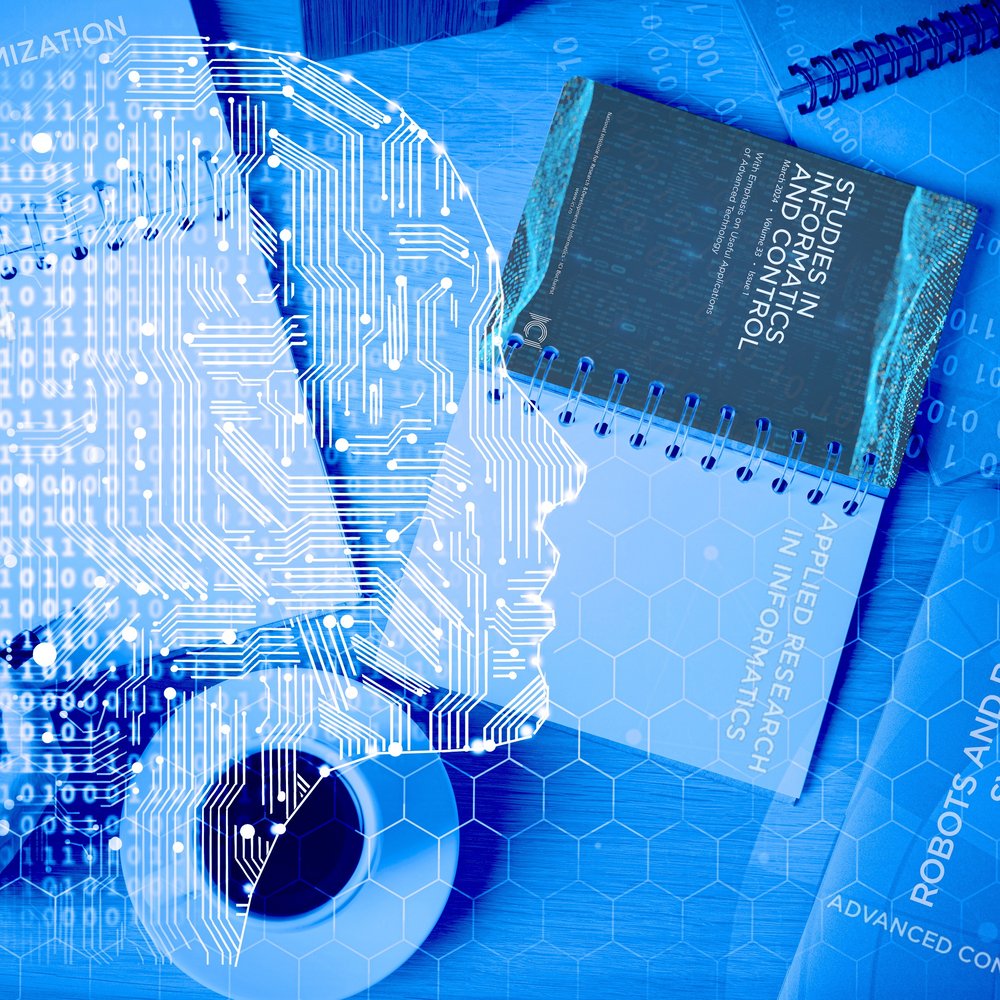
Studies in Informatics and Control journal provides important perspectives on topics relevant to Information Technology, with an emphasis on useful applications in the most important areas of IT.
This journal is aimed at advanced practitioners and researchers in the field of IT and welcomes original contributions from scholars and professionals worldwide.
SIC is an open access journal published both in print and online by the National Institute for R&D in Informatics – ICI Bucharest, under the auspices of The Romanian Academy. Abstracts, full text and graphics of all the articles in the online version of SIC are identical to the print version of the Journal.